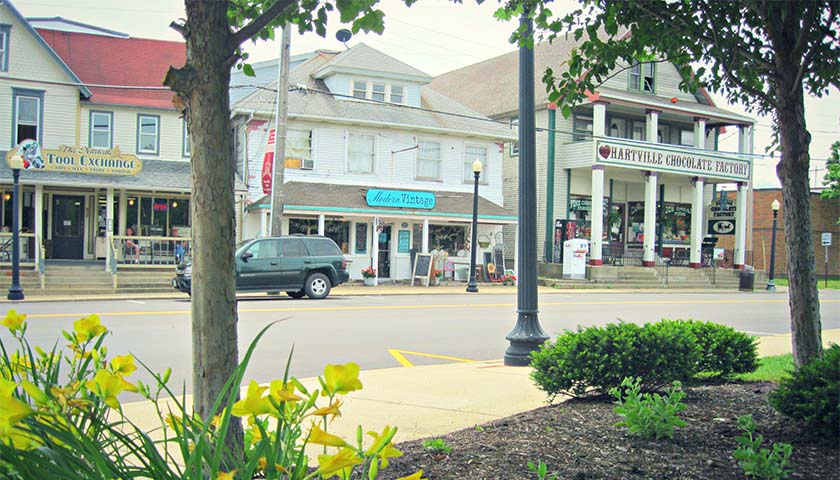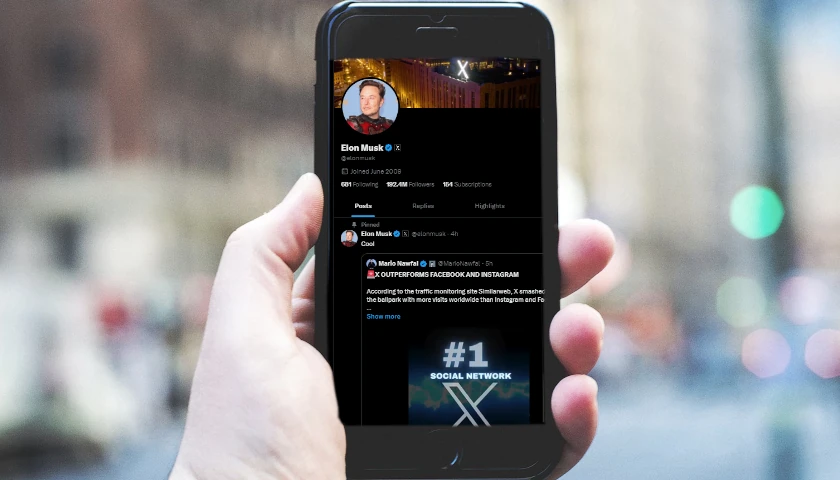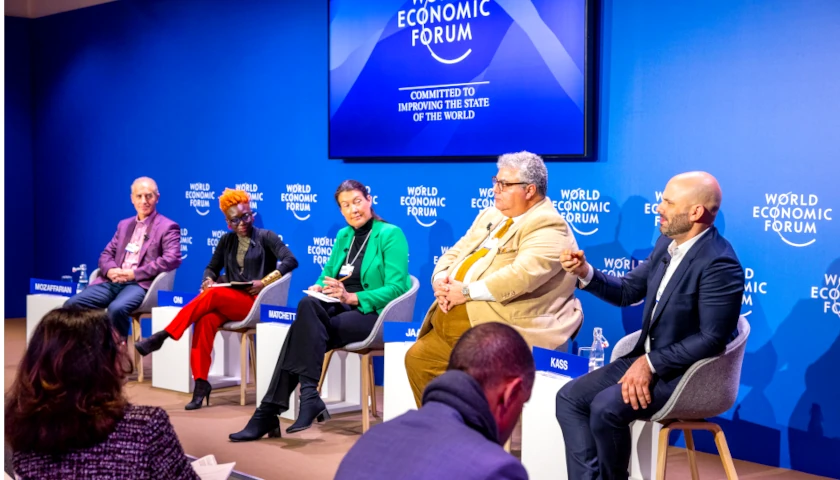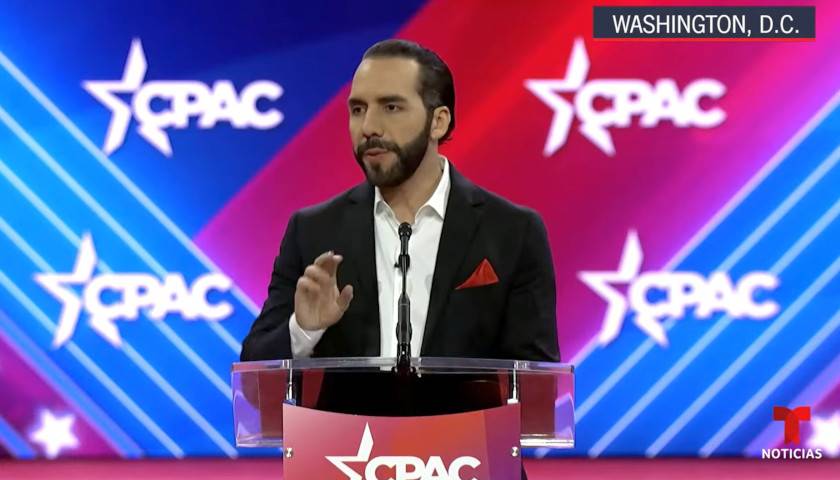Journalist Ben Bergquam of Real America’s Voice (RAV) took a trip to the U.S.-Mexico border recently, where he documented the surge in illegal immigrants coming across the border into the U.S. using the Biden administration’s CBP One mobile app. The app assists them with crossing the border illegally, allowing them to make appointments so a bus will drive them across instead of sneaking across, and they can then choose where they want to fly to within the U.S.
During an interview with War Room’s Steve Bannon, Bergquam summarized the process. “There’s this entire operation — I call it the illegal alien industrial complex — where you’ve got our politicians working with United Nations, and all these NGOs working directly with the cartels in some cases, and often cases, especially in places like this — cartel-controlled territories of Mexico — working directly with them on who to send where, when to send them. So CBP One is used as a distraction. You take Border Patrol and Customs and Border Protection resources off the border to process these guys, so then they can traffic all these other guys that are riding on the beast that are coming through all these other parts of the border.”
Read More





